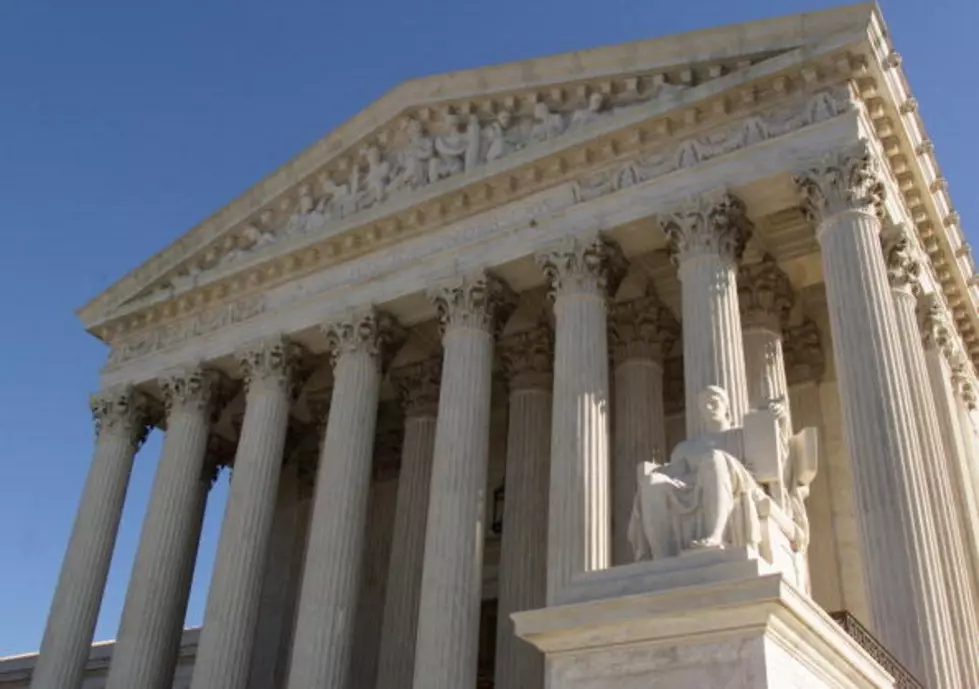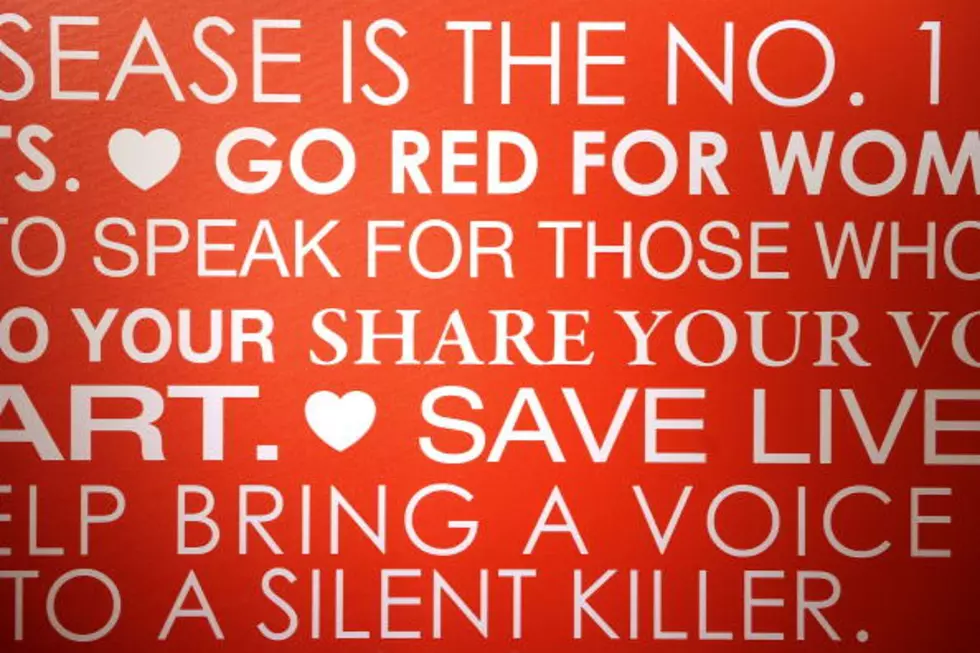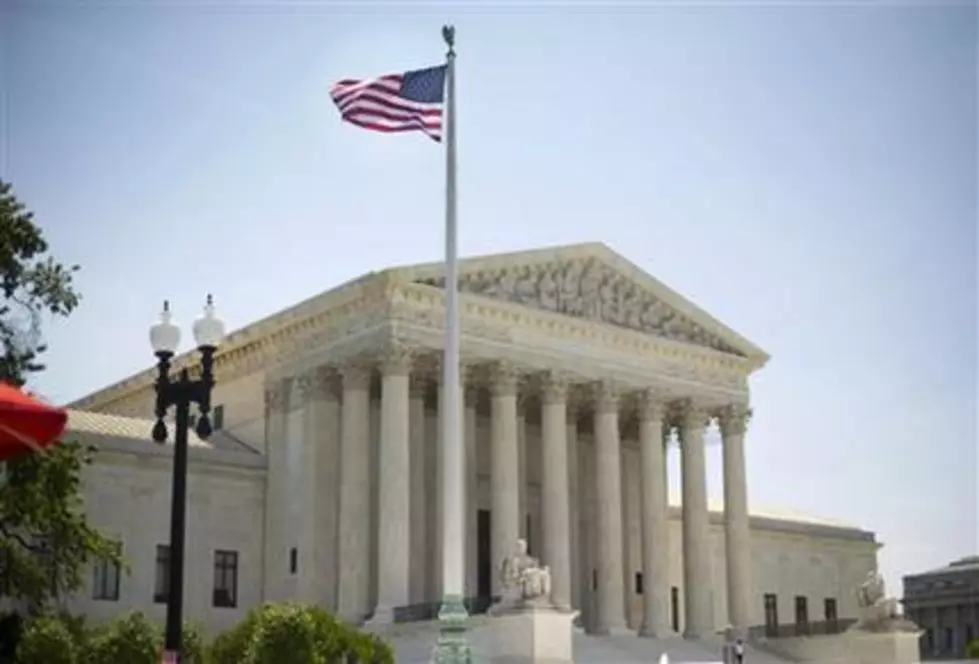
U.S. Supreme Court Starts Term Monday
The Supreme Court is starting a new term that is shaping up to be as important as the last one, with the prospect of major rulings about affirmative action, gay marriage and voting rights.
Three months after the court upheld President Barack Obama's health care overhaul, the same lineup of justices returns to the bench Monday morning.
Chief Justice John Roberts joined the court's liberals in sustaining the health care law, drawing liberals' plaudits and conservatives' anger.
This term's big cases seem likely to have Roberts in his more accustomed role of voting with his fellow conservatives and leave Justice Anthony Kennedy with his typically decisive vote in cases that otherwise split the court's liberals and conservatives.
But Roberts will be watched closely for additional signs that he is becoming less ideologically predictable.
A fight over the University of Texas' affirmative action program is the first blockbuster case on the court's calendar, with argument scheduled for Oct. 10. Texas uses multiple factors, including community service, work experience, extracurricular activities, awards and race, to help fill the last 20 to 25 percent of the spots in its freshman classes. The outcome could further limit or even end the use of racial preferences in college admissions.
The court also is expected to confront gay marriage in some form. Several cases seek to guarantee federal benefits for legally married same-sex couples. A provision of the 1996 Defense of Marriage Act deprives same-sex couples of a range of federal benefits available to heterosexual couples.
Several federal courts have agreed that the provision of the law is unconstitutional, a situation that practically ensures that the high court will step in.
A separate appeal asks the justices to sustain California's Proposition 8, the amendment to the state constitution that outlawed gay marriage in the nation's largest state. Federal courts in California have struck down the amendment.
The justices may not even consider whether to hear the gay marriage issue until November.
Another hot topic with appeals pending before the high court, and more soon to follow, is the future of a cornerstone law of the civil rights movement.
In 2006, Congress overwhelmingly approved, and President George W. Bush signed, legislation extending for 25 more years a critical piece of the Voting Rights Act. It requires states and local governments with a history of racial and ethnic discrimination, mainly in the South, to get advance approval either from the Justice Department or the federal court in Washington before making any changes that affect elections.
The court spoke skeptically about the provision in a 2009 decision, but left it mostly unchanged. Now, however, cases from Alabama, North Carolina, South Carolina and Texas could prompt the court to deal head on with the issue of advance approval. The South Carolina and Texas cases involve voter identification laws; a similar Indiana law was previously upheld by the court.
It is unclear when the justices will decide whether to hear arguments in those cases. Arguments themselves would not take place until next year.
The court itself has largely been absent as an issue on the campaign trail. But the justices could become enmeshed in election disputes, even before the ballots are counted. Suits in Ohio over early voting and provisional ballots appear the most likely to find their way to the justices before the Nov. 6 election, said Richard Hasen, an election law expert at the University of California at Irvine law school.
The first case on the court's calendar Monday is a high-stakes dispute between the business community and human rights advocates over the reach of a 1789 law. The issue is whether businesses and individuals can be sued in U.S. courts for human rights violations that take place on foreign soil and have foreign victims.
Baher Azmy, legal director of the Center for Constitutional Rights, said the 223-year-old Alien Tort Statute has been an important tool in establishing accountability for "human rights atrocities that occur abroad."
Former State Department legal adviser John Bellinger III said the law has become "the bane of the existence of corporations" because suits filed under the law are lengthy and expensive.
Bellinger pointed to one example in which more than 50 companies that did business in South Africa under apartheid more than 30 years ago are facing a lawsuit in New York.
Monday's high court case involves a lawsuit filed against Royal Dutch Petroleum over claims that the oil company was complicit in abuses committed by the Nigerian government against its citizens in the oil-rich Niger Delta.
The court first heard the case in February to consider whether businesses could be sued under the law. But the justices asked for additional arguments about whether the law could be applied to any conduct that takes place abroad.
(Copyright 2012 by The Associated Press. All Rights Reserved.)
More From New Jersey 101.5 FM









